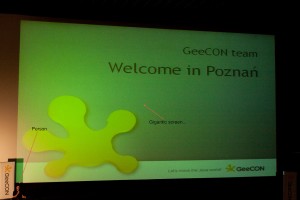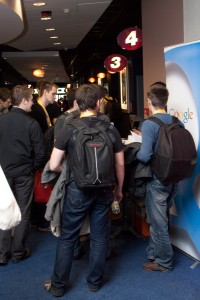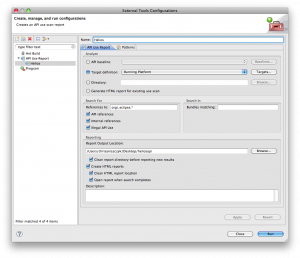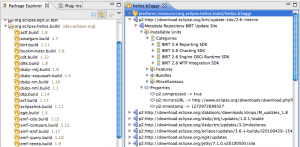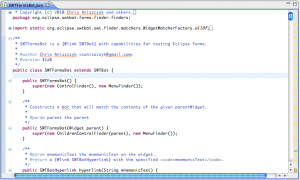Over a couple frosty beverages yesterday, I had a lively discussion with a colleague about open source contributions from a developer’s perspective. In my opinion, open source developer’s have to walk a fine line when it comes to working with new contributors and not killing all of your time while doing it…

What do I mean here? Well, when you get a contribution it’s pretty rare that the contribution is just perfect and ready to be submitted to the main line. The reality is that you get contributions that generally need some form of tweaking before they are ready for the world. It’s the tweaking where things get interested. There’s two attitudes you can generally take.
The first position is you can simply be happy that you got a contribution in the first place and just make the necessary tweaks your self and push it to the mainline. The upside to this is that the contribution actually gets contributed quickly. The downside is that this consumes a bit of your time to polish the contribution and that you may also miss out on the opportunity on cultivating a contributor. The second position is that you can do a thorough review of the patch and force a contributor to polish the contribution to meet your standards. The upside is that your this may result in higher quality patches from contributors in the future. Heck, if contributors become really good, they may even make the jump to a full blown committer on your project. The downside is that patches may go stale because you may discourage contributors if you ask too much from them.
I’ve seen both approaches in a variety of open source communities. I’m generally happy just to get a contribution from anyone. I don’t think there’s a silver bullet approach in the way you treat contributors, you probably have to do things on a case-by-case basis. In the end, I felt like I needed to do a brain dump of the discussion I had yesterday. On top of that, I find the question of how to attract contributors without killing all of your time while keeping quality high… just fascinating.
What do you think about this problem… from either a developer’s or a contributors perspective?



